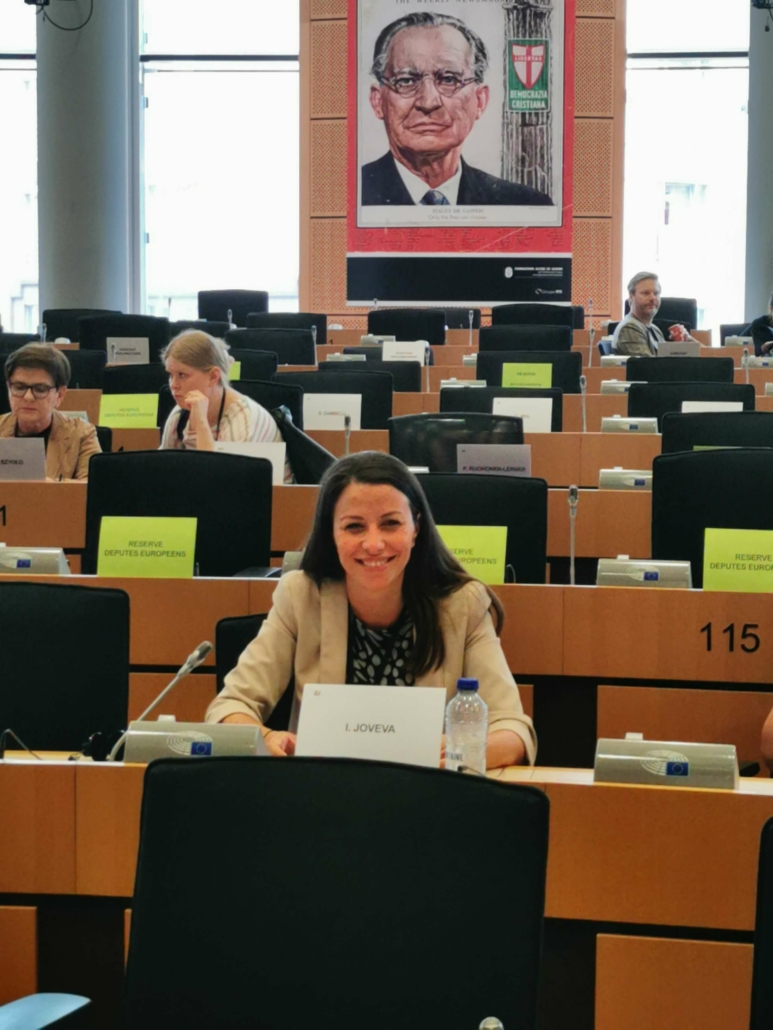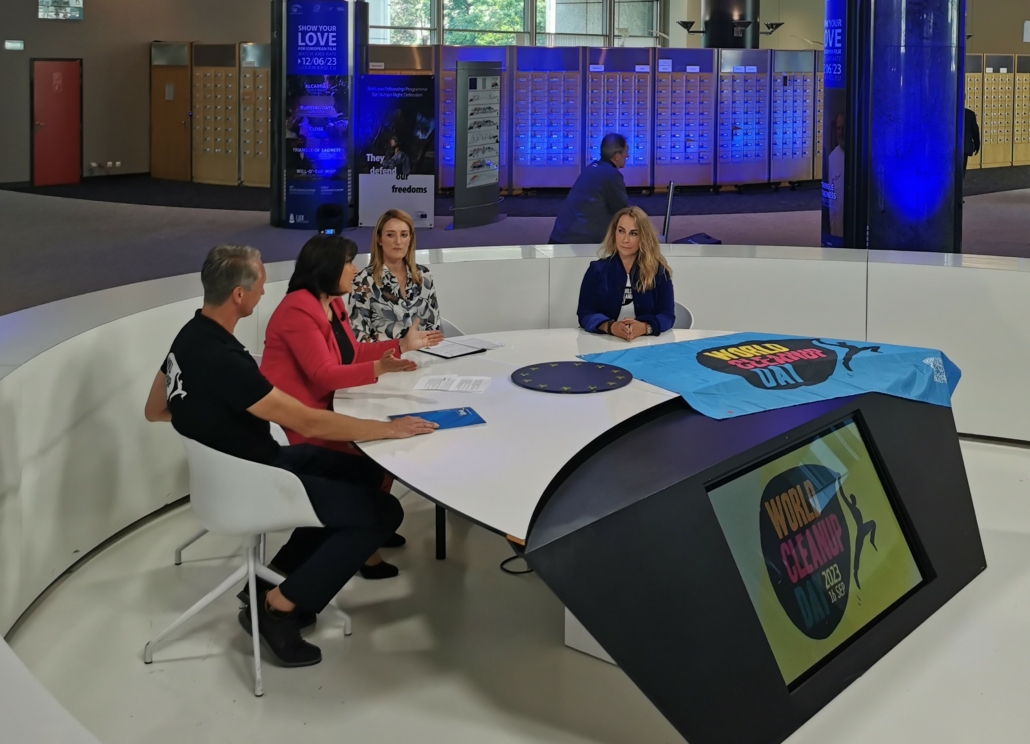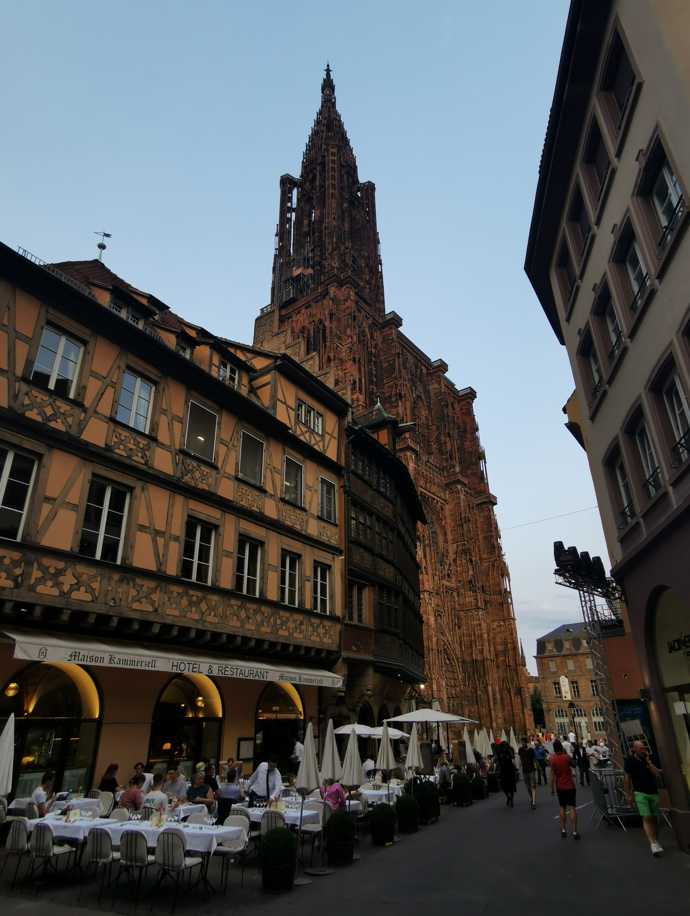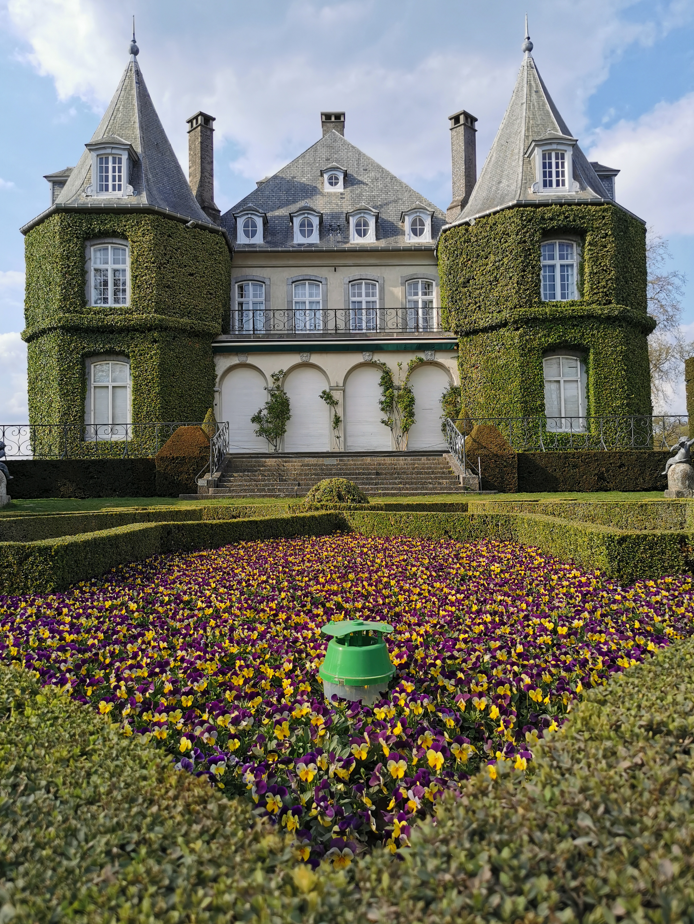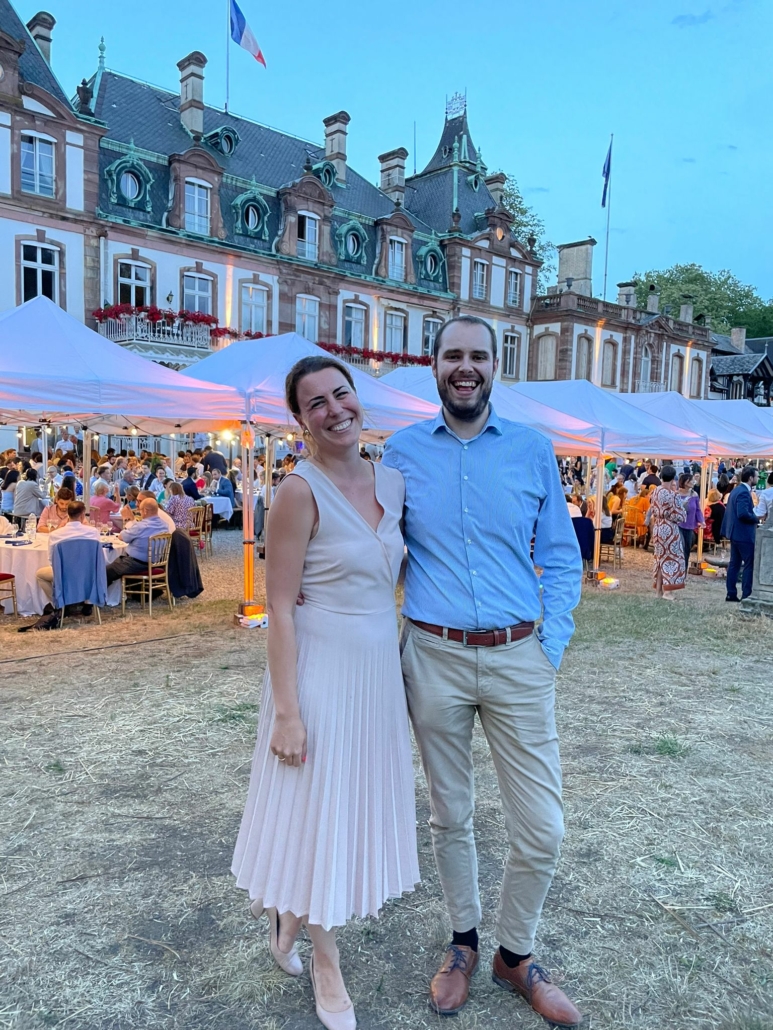Just before the summer break, MEP Irena Joveva gave an interview to Liza Maja magazine, which was published on Thursday, 3 August 2023. In it, she touched on reconciling politics and family life, her insistence that companies respect the Slovenian language, the soon-to-be-adopted European Media Freedom Act and her other priorities. If you want to know what motivates her, what her approach to work is and who she has most in mind when fighting for a better future for the coming generations, then read the summary below.
”All three of them, always. All of them have shaped me and fulfilled me, allowed me to do what I love doing, what I believe in,” Joveva responded to the initial question of which of the careers she would put first: that of a journalist, a politician or a mother.
”In journalism, I loved getting to the bottom of a story, but now I’m pushing “from the inside”. With legislation, amendments, public appeals, like the one in the letter to the CEO of Apple.”
When asked how she juggles work commitments and family, she said that she takes it one day at a time, underscoring that that she is neither the first nor the last politician with a family and that this should not be deemed unusual in 2023.
”I don’t want this to sound trite, but in everything I do I always have her future in the back of my mind. I cannot fix everything that is wrong with this world as an MEP, unfortunately, but I can and I do try to change it for the better at least in some areas. Hoping that one day my daughter will be proud of everything I do.”
Regarding her latest initiative to fight for the accessibility of Slovenian in the digital world, she explained that things are moving forward. She pointed out that it is not only speakers of Slovenian who are being ignored, but especially all blind, visually impaired, deaf and hard of hearing people who continue to be marginalised through linguistic discrimination by multinational companies.
“And in the end: those of us who speak a foreign language… So what if we do? It is our right and our choice to use our mother tongue. This is why I wrote to the big companies present on our market, and did so in Slovenian. People supported my initiative, including Slovenian professionals in the field.”
The MEP met with respective company representatives and declared resolutely that she will closely monitor the progress – that she will stay on their case and at the same time propose specific legislative solutions. She acted on her promise as a Renew Europe rapporteur on the European Media Freedom Act, where she advocated that a provision be added to the text to govern streaming content providers operating in the EU market.
”We cooperate in different fields, why shouldn’t inspection services cooperate as well? The idea is that an inspector in Slovenia could ask their counterpart in another Member State, where, say, Netflix is based, to resolve an issue. This would result in the legal transfer of competences, to put it simply. Slovenian is and will continue to be one of the official languages of the European Union. If it cannot be done the easy way, then we will have to use pressure and legislation to ensure that our language is respected by all companies present in our country.”
She emphasised the significance of this act for public information, as well as the media’s role in holding up a mirror to politicians so that they act responsibly. She stressed that she was not talking about the outlets engaged in propaganda, but the credible and objective ones.
”If the freedom of the media falls, democracy falls. And when democracy falls, we are in trouble. Unfortunately, this has already happened in several countries, including in Europe. I have personally met representatives of both the government and the media in, say, Poland and Hungary, and believe me when I say that we do not want to live in a society of enforced conformity.”
Finally, she touched on her activities within the Renew Europe group and in the European Parliament in general, where she sits on a number of committees. These include the Committee on Culture and Education, the Committee on Employment and Social Affairs and the Committee on the Environment, Public Health and Food Safety. Within the latter, Joveva recently became Vice-Chair of the new Subcommittee on Public Health, where one of her priorities is mental health.

